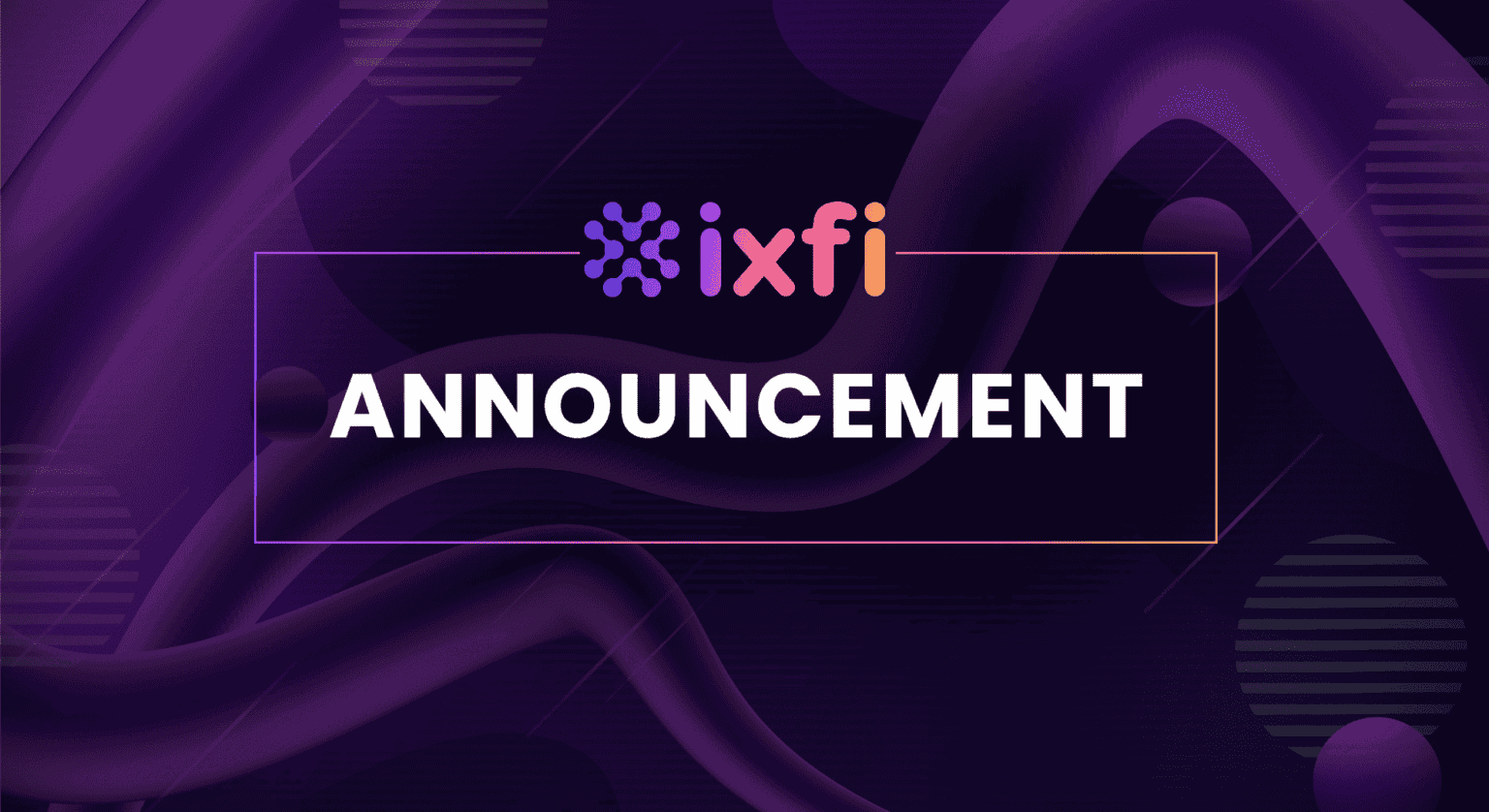The Australian Blockchain Week conference that kicked off on March, 21st, 2022 started on a high note following Australian Senator Andrew Bragg’s announcement of a legislative proposal that he believes will lay the foundation for the new digital assets ecosystem. Bragg confidently noted the importance of cryptocurrency by indicating:
“We want to encourage innovation in crypto assets — innovation creates jobs and growth.”
The legislative proposal, Digital Services Act (DSA), aims to implement some reforms in crypto custody, debanking and taxes, market licensing, and decentralized autonomous organizations (DAOs). Bragg added that this decision was arrived at after intense consultation by a committee comprising fifty-eight individuals, including industry leaders, experts, academicians, lawyers, entrepreneurs, peak body representatives, and representatives from the Treasury and the Board of Tax.
In his speech, Bragg noted that the proposal and implementation of the Act will make Australia one of the countries that confront the challenges of blanketing crypto trading head-on. Additionally, signing the proposal into an Act shows that Australia appreciates the promises brought by blockchain technology. The Act will primarily be used as a “weapon” of protecting consumers against malicious operators.
In further elaboration of the legislative proposal, Bragg asserted that four principles would guide the Digital Services Act. These include;
· Technology neutrality
· Broad and flexible principles
· Regulation by a minister as opposed to bureaucratic agencies
· Cooperation of appropriate powers, resourcing, and personnel within the government.
Therefore, the Act will demonstrate Australia’s readiness for a clear and clean crypto future.
Seizing the opportunity, Bragg also announced the Committee’s recommendation to consolidate the Decentralised Autonomous Organisations (DAOs) under the Corporations Act to provide corporate governance and corporate personality standards. Bragg noted that Decentralised Autonomous Organisations could actually replace companies, and if that happens, it will be the most important development since the floating of the first joint-stock companies in the Amsterdam Stock Exchange in 1602.
Citing that Decentralised Autonomous Organisations as critical threats to the tax base since they do not pay taxes (because they are recognized as partnerships and not companies), Bragg emphasized that they must be recognized as self-regulating, transparent, and with an in-built system for governance.
On changes on tax and tokens, Bragg argued that Australia can have innovative regulatory structures in place because the country’s tax system is based on sound, time-honored principles. Therefore, similar principles will apply as much as possible to digital assets. Stressing on the issue of tax, Bragg indicated that the government is ‘thinking’ of extending similar tax laws that apply to the analog economy to the digital world. As such, the Board of Taxation will embark on a careful review of the finest details of tax arrangements for digital assets.
Bragg’s proposals received a praiseworthy congratulation from Minister for Superannuation, financial services, and the digital economy, Senator Jane Hume, who took to the platform to commend Bragg and his Committee for their diligence and enthusiasm they expressed in the noble task.
With the groundbreaking Digital Services Act, Australian consumers will easily access assurance, audit, and full disclosure services.
Stay informed about what’s happening in the world of crypto by reading the latest news on our blog. If you’re looking for the perfect crypto exchange for our, Your Friendly Crypto Exchange has everything you need, from high security to fast transactions and ease of use. Join IXFI and see the endless possibilities for yourself.
Disclaimer: The content of this article is not investment advice and does not constitute an offer or solicitation to offer or recommendation of any investment product. It is for general purposes only and does not take into account your individual needs, investment objectives and specific financial and fiscal circumstances.
Although the material contained in this article was prepared based on information from public and private sources that IXFI believes to be reliable, no representation, warranty or undertaking, stated or implied, is given as to the accuracy of the information contained herein, and IXFI expressly disclaims any liability for the accuracy and completeness of the information contained in this article.
Investment involves risk; any ideas or strategies discussed herein should therefore not be undertaken by any individual without prior consultation with a financial professional for the purpose of assessing whether the ideas or strategies that are discussed are suitable to you based on your own personal financial and fiscal objectives, needs and risk tolerance. IXFI expressly disclaims any liability or loss incurred by any person who acts on the information, ideas or strategies discussed herein.


